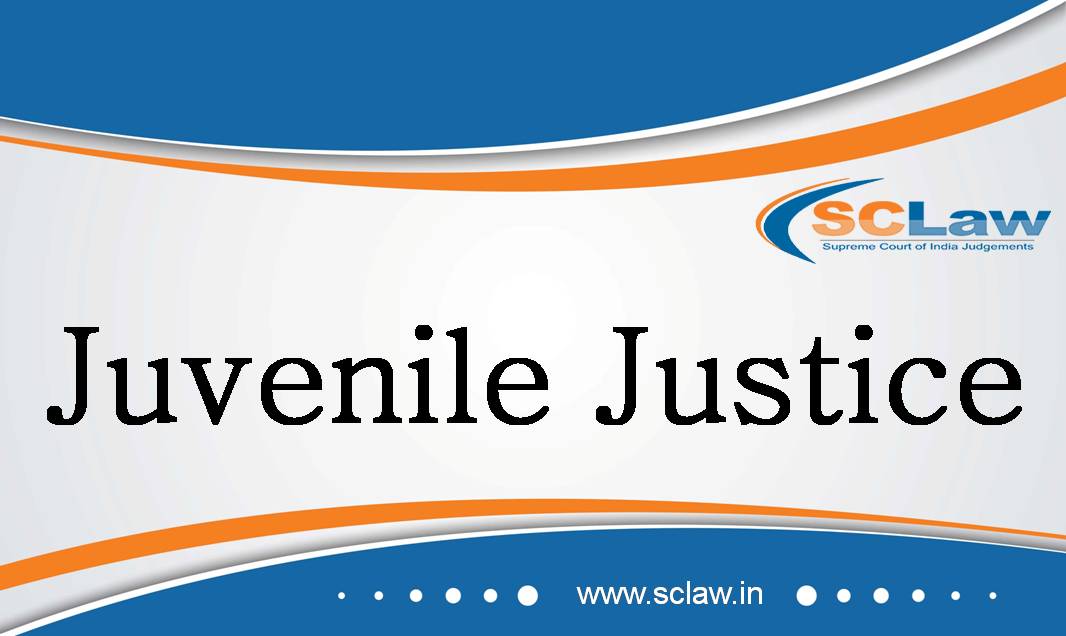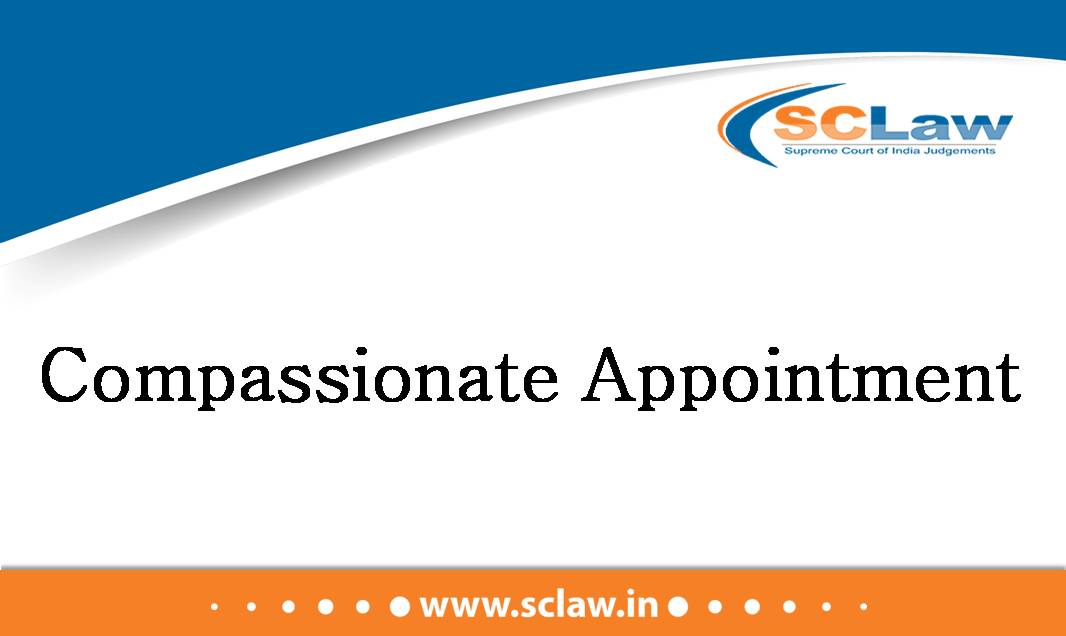Cr P C Section 406 – ‘Whether the criminal cases pending before different Trial Courts in four States can be transferred to one Trial Court in one State?; Whether transfer of case of one of the criminal case which is at the final stage of trial before concerned Court in Nagpur, can be directed to be transferred at such belated stage?’ HELD that to meet the ends of justice and fair trial, the transfer petitions deserve to be allowed.
SUPREME COURT OF INDIA SINGLE BENCH KETAN KANTILAL SETH — Appellant Vs. STATE OF GUJARAT AND OTHERS — Respondent ( Before : J.K. Maheshwari, J. ) Transfer Petition (Criminal) Nos.…









